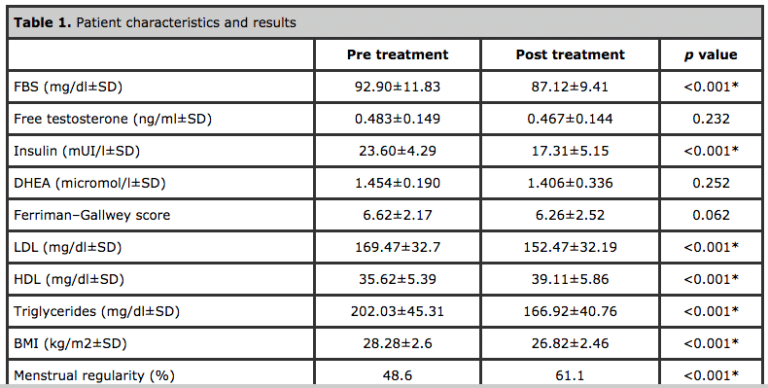Learn what L-Carnitine is and how it affect PCOS
As healers, we’re always looking for new ways to help PCOS. My own experience has given me insight as to what can help alleviate symptoms, and new research continues to offer more hope, and more solutions for this condition. Today, I’m going to share some interesting news about a supplement called carnitine.
PCOS involves a lot of inflammation, metabolic stress and fat cell dysfunction. As a result, addressing these issues can have wonderful healing effects. Carnitine is a supplement that has proven to be effective in managing these issues. If you’re unfamiliar with it, it’s synthesized from two amino acids: lysine and methionine.
What’s interesting about carnitine is that it can transfer fatty acids from the inside of the cell (cytosol) to the mitochondria, which are the cells’ powerhouses.
Carnitine plays a vital role in glucose metabolism and stabilizes the mitochondrial membranes.
Studies have found decreased carnitine levels in women with PCOS. [1] This offers us stronger insights as to the correlation between low carnitine levels in PCOS, and hyperinsulinemia. [2,3] Other studies have found that giving carnitine supplements to Clomid-resistant PCOS patients improved ovulation, pregnancy rates, and lipid levels.
This is so encouraging!

Carnitine’s Numerous Benefits
Similarly, this new study [4] set out to look at carnitine’s impact on some of PCOS’ key indicators.
The study involved 80 women who were diagnosed with PCOS based on the Rotterdam criteria. These women received 3g of L-Carnitine per day, and were tested constantly to mark the supplement’s effects.
The results were impressive. Researchers saw significant decreases in fasting glucose, insulin, triglycerides, and LDL levels. The BMI and HOMA indexes were also decreased.
In contrast, there was a significant increase in the level of HDL (high-density lipoproteins, aka. “good cholesterol”). Additionally, regular menstrual cycles were reported by 48.6% and 61.1% of the patients before and after treatment, respectively. Best of all, none of the patients reported relevant side effects, either during or after the treatment.
Related article: Ubiquinol for PCOS—Mighty Mitochondria

References:
Bacurau RF, Navarro F, Bassit RA, Meneguello MO, Santos RV, Almeida AL, Costa Rosa LF. Does exercise training interfere with the effects of L-carnitine supplementation? Nutrition. 2003;19:337-41
Wächter S, Vogt M, Kreis R, Boesch C, Bigler P, Hoppeler H, Krähenbühl S. Long-term administration of L-carnitine to humans: effect on skeletal muscle carnitine content and physical performance. Clin Chim Acta. 2002;318:51-61. Medline
- Jamilian H, Jamilian M, Samimi M, Afshar Ebrahimi F, Rahimi M, Bahmani F, Aghababayan S, Kouhi M, Shahabbaspour S, Asemi Z. Oral carnitine supplementation influences mental health parameters and biomarkers of oxidative stress in women with polycystic ovary syndrome: a randomized, double-blind, placebo-controlled trial. Gynecol Endocrinol. 2017;33:442-7.
Salehpour S, Nazari L, Hoseini S, Moghaddam PB, Gachkar L. Effects of L-carnitine on Polycystic Ovary Syndrome. JBRA Assist Reprod. 2019 Jul 11.





